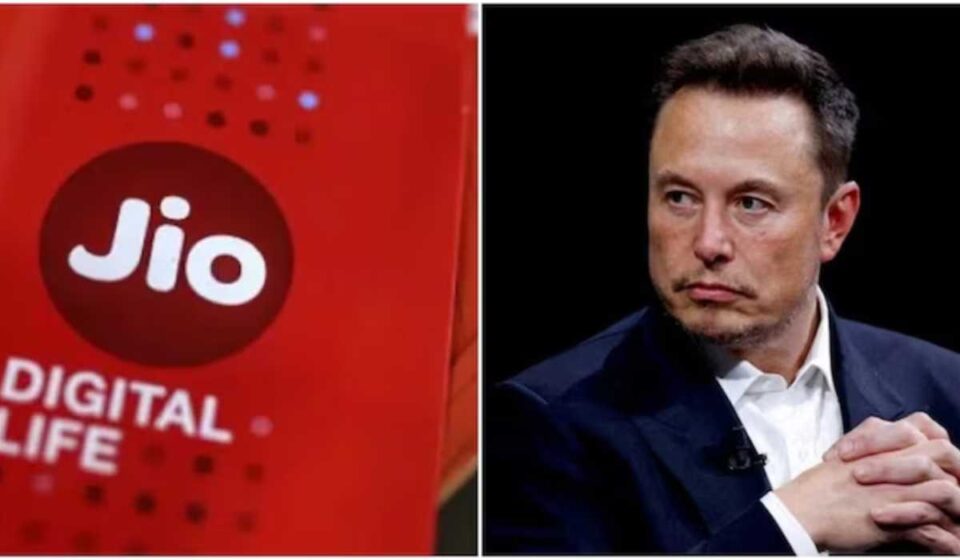In a significant policy shift, India’s Telecom Minister Jyotiraditya Scindia has confirmed that the country will not conduct a spectrum auction for satellite internet services. The decision aligns with the global trend of administrative spectrum allocation, avoiding a competitive bidding process. This move comes after Elon Musk, CEO of Starlink, raised objections to Reliance Jio’s lobbying for the auction-based spectrum allocation model.
Musk argued that auctioning spectrum for satellite internet would hinder global companies like Starlink from providing affordable internet access in rural and remote areas. He emphasized that administrative allocation, followed by countries like the US and Europe, ensures broader coverage and speeds up infrastructure development. The Indian government’s decision reflects a commitment to encourage international investments and enhance connectivity across underserved regions.
On the other hand, Mukesh Ambani’s Reliance Jio had been advocating for a spectrum auction, claiming it would promote transparency and fair competition. Jio has been a dominant player in the Indian telecom sector, and its push for the auction route was seen as a strategic move to maintain its influence in the emerging satellite internet market. However, Musk’s intervention shifted the policy discourse, prompting the government to reconsider Jio’s stance.
Telecom Minister Scindia clarified that India’s priority is to expand digital connectivity without hindering innovation or delaying the entry of satellite-based internet services. Administrative spectrum allocation, as opposed to auctions, is considered more efficient for ensuring affordable, high-speed internet access in the far-flung corners of the country, where terrestrial telecom infrastructure struggles to reach.
This decision marks a win for global satellite operators like Starlink and Amazon’s Project Kuiper, which are looking to expand their presence in India. It signals a new direction in India’s telecommunications policy, emphasizing inclusivity and technological advancement over competitive dominance in the sector.


